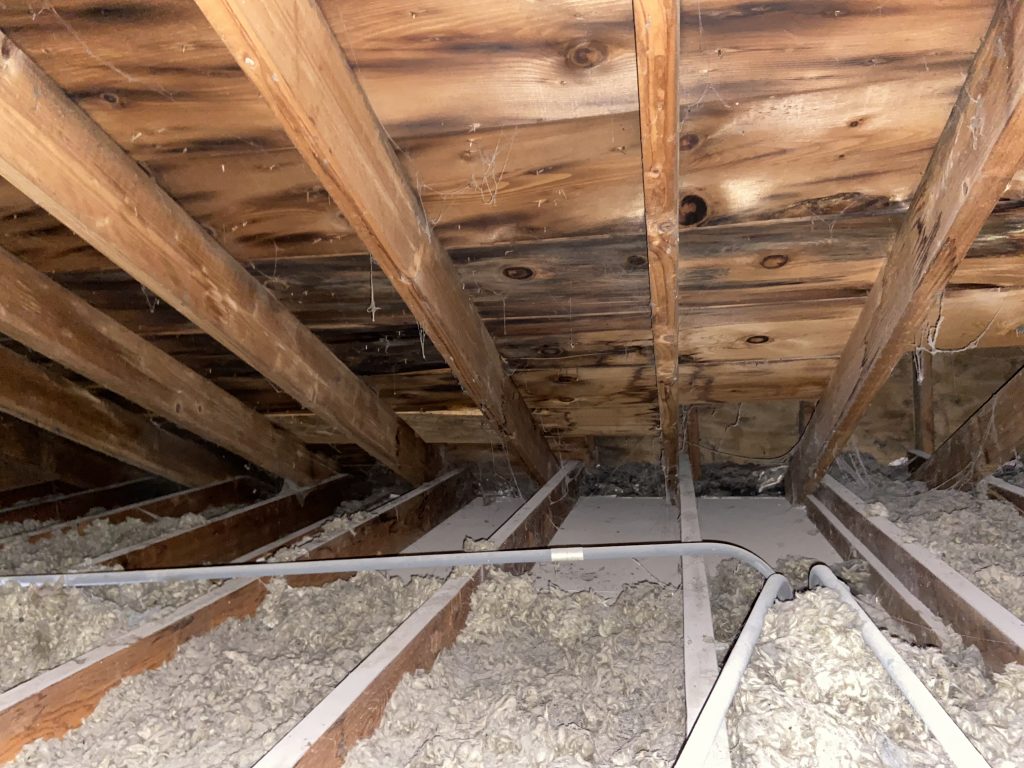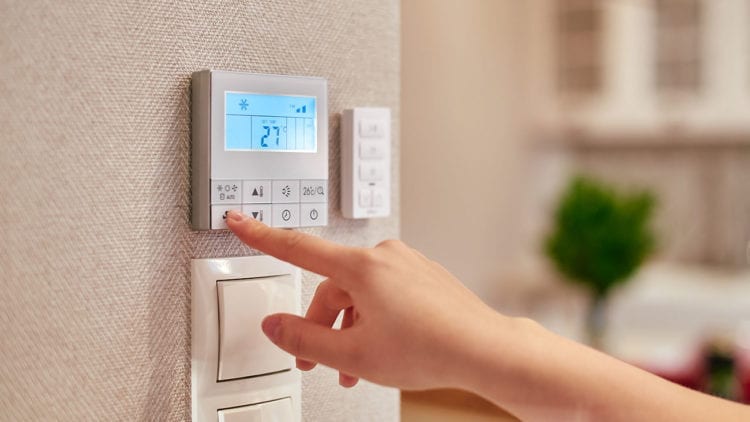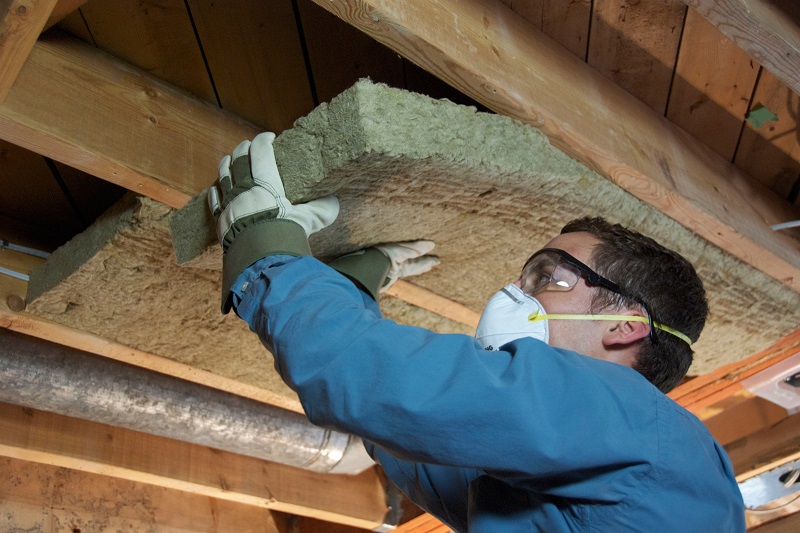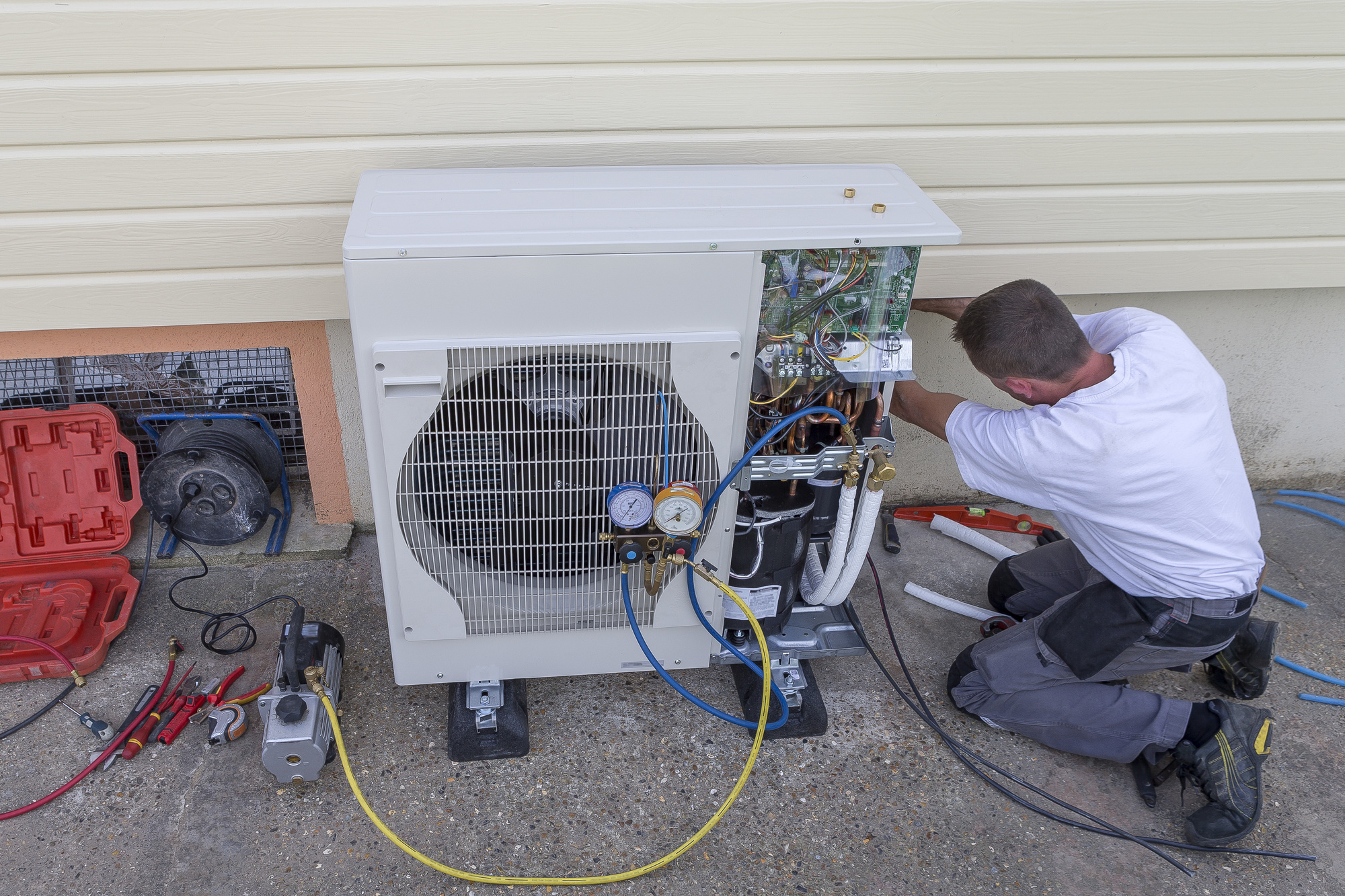Getting a costly surprise when you open your heating bill can make the harsh winter even tougher. While temperatures continue to drop, your bill will have an opposite reaction and begin to shoot up. It’s inevitable, but sometimes it can be more than the yearly seasonal increase we’ve come to expect.
Luckily, proper precautions can be taken to lessen the impact of the cold season on your monthly expenses. To do this, it’s important to understand the reasons behind the sudden rising costs.
We will help you understand what factors can cause your bill to go up and what you can do to lower it while still keeping your home warm.
WHAT INCREASES YOUR HEATING BILL?
There are a few factors that can contribute to your heating bill being higher than normal in the winter months.
1. Seasonal Changes
Obviously, as it gets colder outside, we want to be warmer inside our homes. This causes people to set their thermostats higher than normal to really crank up the heat. Depending on the temperature change between your home and the outside world, your furnace could be working overtime to maintain the heat that keeps you comfortable.
2. Poor Insulation
If your home is older, or not properly insulated, you could be losing heat through leaky windows or drafty doors. Since the heat is leaking freely due to poor insulation, you might find that you’ll need to run your heater more often or at a higher temperature to maintain your comfort levels. This will significantly increase your heating bill and you’ll be left wondering why your house doesn’t seem as warm as it should be when the heater is always running.

3. Poorly Sealed Windows and Doors
One of the most common reasons behind high heating bills, poorly sealed windows and doors happen to every homeowner. It is essential to inspect your windows and doors at least once a year to ensure they are adequately sealed. Weather, aging and pests do much damage over the years to caulk and sealing agents, so you should expect to replace these items every few years to maintain a secure seal between your home and the cold air outside of it.
4. Inefficient Furnace
Another large hit to your wallet could be the fact that your furnace isn’t functioning as it should.
The average lifespan of a home furnace is 25 years. If the unit is aging, it is time for a replacement. While replacing a furnace has a large upfront cost, replacing a low efficiency unit with a high efficiency unit will save on monthly heating bills.
Routine maintenance prolongs the unit’s life. A professional is able to diagnose worn-out parts, carbon monoxide leaks, and dirt or rust. This maintenance keeps your home properly heated and the energy bill stable.
HOW TO LOWER YOUR HEATING BILL
If you want to bring your heating bill down, there are a few steps you can take to reduce the amount of energy you are using in your home.
1. Set Your Thermostat to a Lower Temperature
In the winter, set your thermostat to the lowest temperature that you can comfortably stand, or set it even lower and just put on extra layers. While this may seem counterproductive when you want to stay warm, you likely won’t feel it if you drop the temperature a few degrees. However, those few degrees could save about 5% to 10% on your heating costs.
2. Purchase a Programmable Thermostat
When you set your regular thermostat, it will cycle at all hours of the day and night to ensure that your home stays at the temperature you desire. With a programmable thermostat, the system can be set to only run when people are home. This helps reduce the cost of your heating bill since you are only using the heat when you need it instead of heating or cooling an empty house.

3. Increase Insulation
Whether you need to add weather-stripping around doors or want to upgrade to double-paned windows, taking these steps can increase the insulation in your home and help keep the heat inside. Not only will the added insulation help keep you warm in the winter, it will also help keep you cool in the summer and save on year-round energy costs.

4. Get Your Furnace Serviced
You can ensure your heating system is running at maximum efficiency by having an HVAC technician pay a service call each year before the cold season sets in and check that all your components are functioning properly. Not only will this keep your bills lower, but it will also help reduce the risk of a breakdown in the dead of winter.
Still Have Questions? Contact an HVAC Expert
As cold weather approaches, it is important to take a few preventative measures to protect your home and bank account through the chilly months. You want to keep your home nice and toasty, but you definitely don’t want high heating bills all winter.
If your system needs repair or inspection, call us on 703-494-2855. You can also visit our contact page and complete the contact form.



